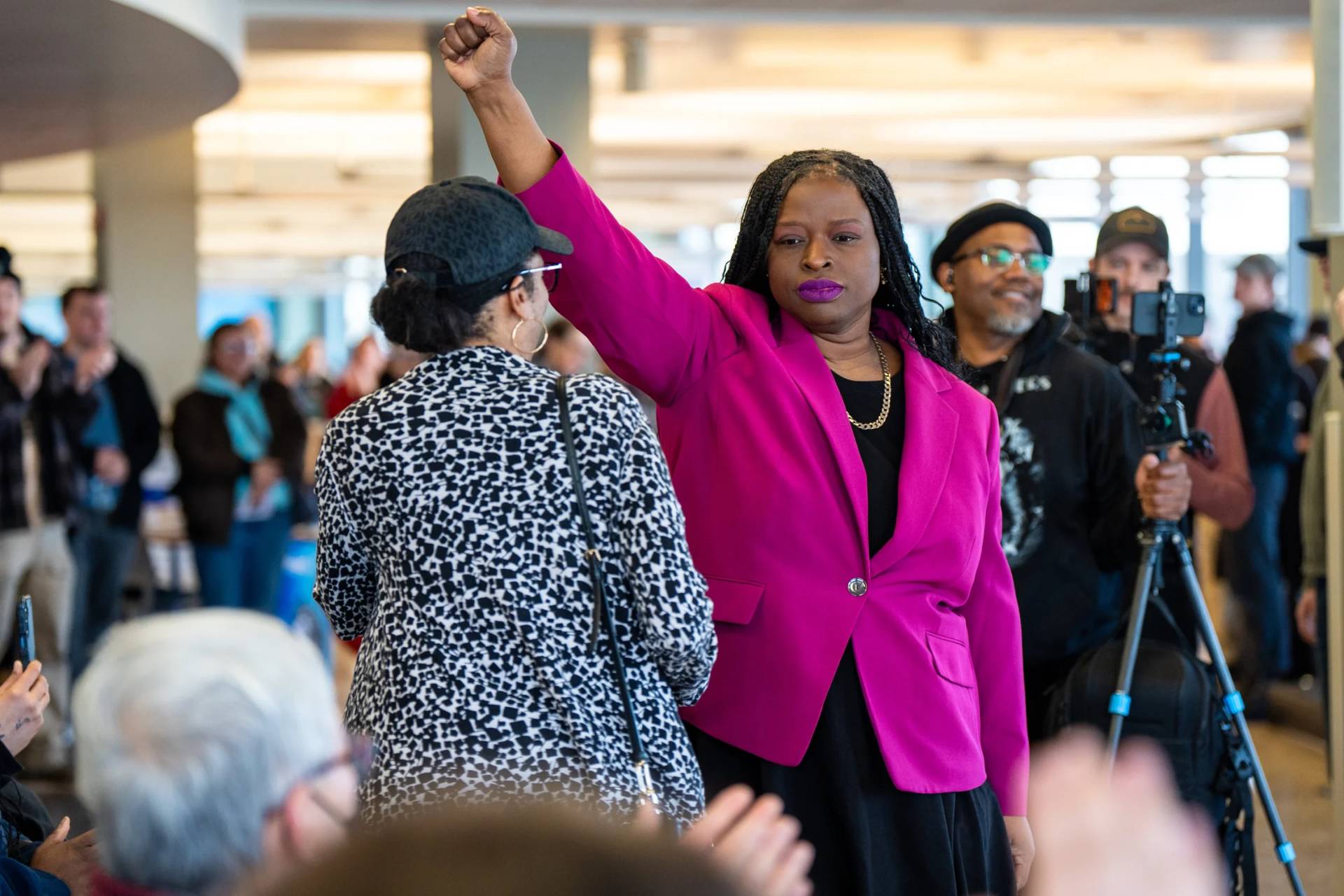NEW YORK — Louisiana and Colorado voted opposite ways on different abortion measures that appeared on each state’s ballot Tuesday.
Louisiana voters approved Amendment 1 to the state’s constitution by an approximate 62-37 percent margin, according to Associated Press polling data. The amendment takes away the Louisiana court’s ability to find a right to an abortion or require state funding for it.
Known as the “Love Life Amendment,” it states that “nothing in this constitution shall be construed to secure or protect the right to abortion or require the funding of abortion.”
In a recent op-ed in The Advocate, state senator Katrina Jackson – a pro-life democrat who wrote the amendment – wrote that it isn’t a ban on abortion and state legislators still have the ability to modify state abortion law.
“Amendment 1 will make sure judges could never establish a right to taxpayer funding of abortion in Louisiana,” she wrote. “It simply keeps abortion policy in the hands of our legislators rather than state judges.”
“Our body of pro-life laws ensure that women are empowered with the truth about their pregnancy prior to an abortion, that minors seeking an abortion have parental consent, and that babies born alive following a botched abortion receive immediate medical care,” she said.
The “Love Life Amendment” was also supported by multiple state legislators and the Louisiana Conference of Catholic Bishops.
Sociologist Tricia Bruce has done extensive work on the way Americans view abortion including a recent study for the University of Notre Dame. There could be both moral and legal reasons why voters approved this amendment, she said.
“When it comes to taxpayers and funding that’s where it overlaps. In the case of the Louisiana test it’s a case where it’s a perception of me intervening and having some sort of role in an abortion,” Bruce said. “Some that are morally opposed don’t feel comfortable with that.”
The vote on Proposition 115 in Colorado – that would’ve banned abortions after 22 weeks except for when it’s required to save the life of the pregnant woman – went the other way. As of midday Wednesday AP polling data shows an approximate 59-41 percent margin against Proposition 115 with 85 percent of votes counted.
If that holds true and it doesn’t pass the current Colorado abortion laws will remain intact.
Bruce said the vote shows what she has often found in her research. That many people focus more on their own moral views of abortion.
“They exercised discretionary thinking whereby they may be personally uncomfortable with something but don’t want to intervene with the decision of someone else. They’re thinking it’s their own moral choice so legally allow them to make their own choice,” she said.
Bishop Michael Sheridan of Colorado Springs was a vocal supporter of Proposition 115. He wrote in an op-ed on the diocese’s website that abortion was the most important issue in the election, and that Proposition 115 was a way to “maintain momentum” after the appointment of Judge Amy Coney Barrett to the Supreme Court.
Bruce suspects in the future measures similar to those brought forward in Colorado and Louisiana will appear in other states as well. Measures towards access to abortion, who can have an abortion and when and who has to pay for it, she said.
“I think you have a country that is primed for legal and maybe even moral conversations about whether abortion should happen and which context it should happen,” Bruce said. “Voting really forces us to make issues of abortion look like yes or no type situations but the ways people are internally grappling with this are far less binary.”
Follow John Lavenburg on Twitter: @johnlavenburg












